
Everyone has tired moments. These can range from muscle fatigue due to exhaustive workouts, poor sleep habits, adrenal problems, or chronic fatigue syndrome. No matter what type of fatigue you suffer from, there are some foods that fight fatigue naturally.
These foods are nutrient-dense. They’re often rich in B vitamins, minerals, and other compounds that help the body make energy, move oxygen through the body, and fight oxidative stress. Some of them focus on providing fuel through ketones, while others are carb-heavy, providing energy through glucose.
If you’re interested in learning more about the top fatigue-fighting foods and how they work, read through this list of the 12 best foods for fatigue. At the end of this article, I’ll share a few breakfast ideas for you that could help you get your day off to an energetic start.
12 Foods that fight fatigue
- Lean Beef
- Almonds
- Milk
- Eggs
- Bananas
- Chia Seeds
- Citrus Fruits
- Salmon
- Kale
- Avocados
- Spinach
- Oatmeal
Lean Beef
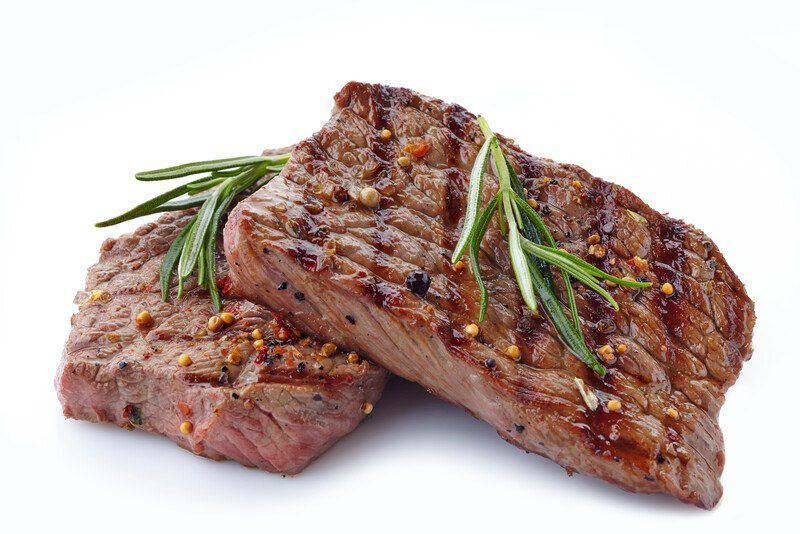
Lean beef is packed with nutrients that could help people feel energetic and vibrant. One of those nutrients is iron, which is essential for the hemoglobin that carries oxygen in the blood. Hemoglobin also carries carbon dioxide out of body tissues, so it has a detoxifying role as well as an energizing one. One four-ounce serving of 97% lean ground beef contains 15% of the daily recommended value for iron.
Lean beef is also a good source of B vitamins, which are necessary for energy. A four-ounce serving of lean ground beef provides 40% of the daily recommendation for the B vitamin niacin, 15% for pantothenic acid, 13% for riboflavin, and 4% for thiamin. It’s also got 106% of the daily recommendation for vitamin B12 and 35% for vitamin B6.
Zinc, which is also essential for converting the energy in the body, is also found in lean ground beef.
Almonds
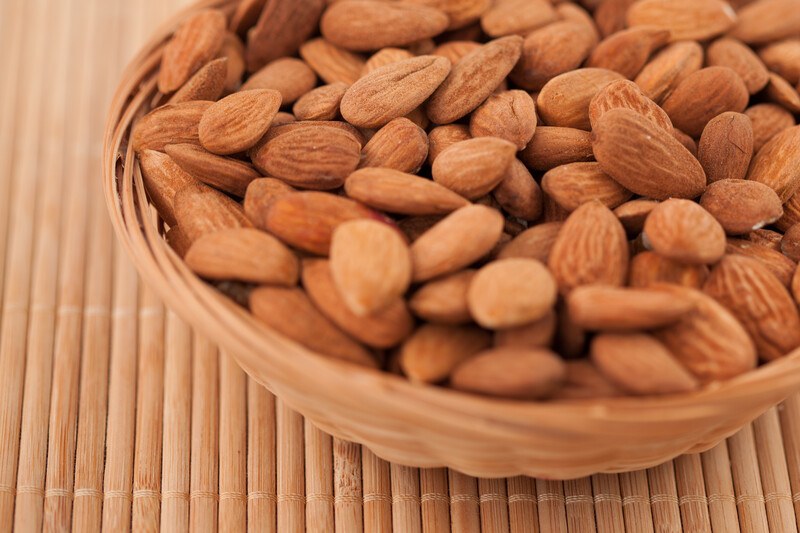
One nice thing about almonds is that they’re packed with B vitamins. As a whole, B vitamins are known for helping convert food into energy. The B vitamin riboflavin is involved in the production of red blood cells, iron absorption, and the transportation of oxygen throughout the body. One ounce of almonds contains 25% of the recommended daily value for riboflavin. Almonds are also a good source of the B vitamins niacin, folate, thiamin, and pantothenic acid.
An ounce of almonds also provides 32% of the daily recommendation for copper, which plays a role in energy production and helps with iron absorption, and 27% for manganese. Manganese is important because it activates several enzymes during the metabolic process and fights fatigue by helping the body produce energy. Almonds are also versatile, and almonds can be used in a variety of recipes for delicious, nutritious meals and snacks.
Milk
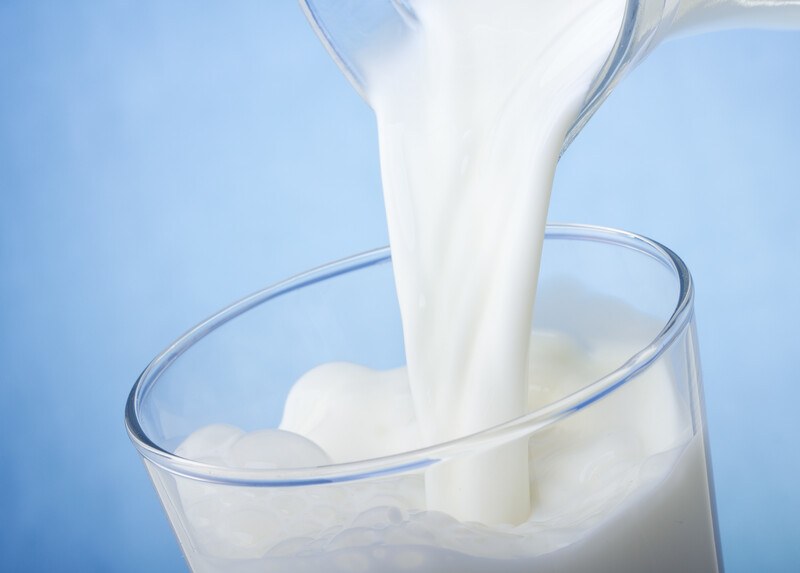
Milk helps fight fatigue in several ways. It brings fluid into the body, which can help alleviate dehydration-based fatigue. It also contains several minerals and vitamins that help the body create energy.
A lack of calcium can also cause fatigue and related symptoms, including brain fog and light-headedness. One cup of whole milk provides 23% of the daily recommendation for calcium, as well as 13% for vitamin D. A deficiency in vitamin D is also associated with fatigue.
Whole milk is a good source for the B vitamins riboflavin, thiamin, niacin, vitamin B6, and vitamin B12. One cup of whole milk provides 55% of the daily recommended intake for vitamin B12, also known as cobalamin. Like riboflavin, cobalamin fights fatigue by helping create red blood cells.
Vitamin B6 is essential for fighting fatigue, too. This vitamin helps manage energy use and converts food sources into glucose, which can then be used to make energy for the body. One cup of whole milk provides 11% of the daily recommendation for vitamin B6.
Eggs
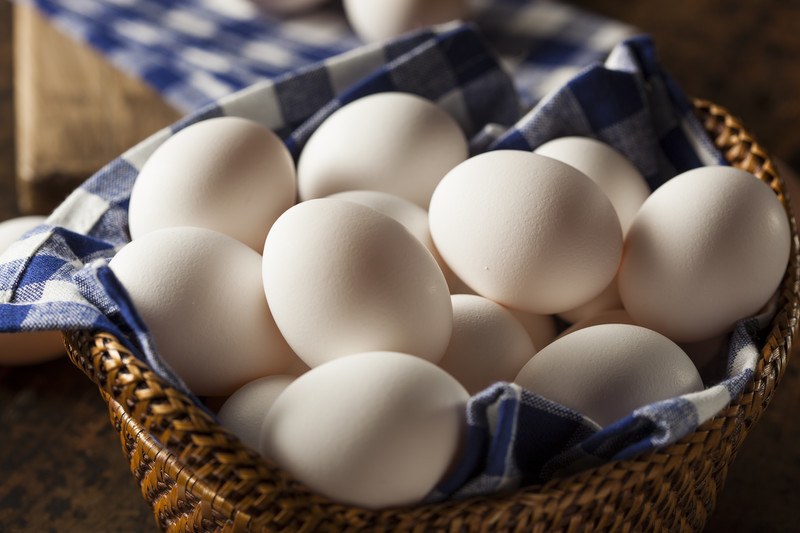
Eggs could be important for fighting fatigue because they’re carb-free foods that are also relatively rich in fat. Low-carb, high-fat foods contribute to a ketogenic condition, in which people get energy from ketones rather than from glucose.
While entering ketosis, some people report feeling more fatigue and brain fog, because their bodies have to adjust to ketones as a new fuel source. However, several studies indicate that over time, eating ketogenic foods such as eggs and staying in ketosis as much as possible actually increases energy, focus, and ability to resist fatigue.
Eggs are among the best foods for a ketogenic diet because they contain almost no carbohydrates. One egg also provides several energy-producing nutrients, including 29% of the daily recommended intake for fat, 62% for protein, 25% for vitamin D, 24% for iron, and 11% for calcium. Eggs are also a great source for the B vitamins folate, riboflavin, thiamin, cobalamin, and vitamin B6.
There are a lot of ways to serve eggs and you can simply use different spices to make your breakfast exciting in addition to being healthy.
Bananas
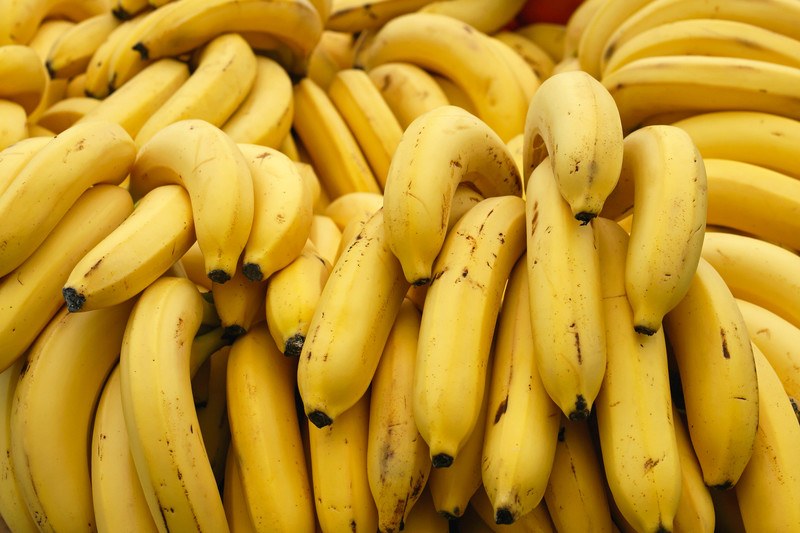
Bananas are an interesting food for fighting fatigue because the nutrient profile is fairly balanced. Besides providing carbohydrates for energy, bananas contain fiber that promotes a healthy microbiome as well as several vitamins and minerals.
One banana provides 36% of the daily recommended intake for vitamin B6, also known as pyridoxine. Pyridoxine helps break down food for energy, and it helps produce hemoglobin for transporting oxygen. Bananas are also a good source of niacin, riboflavin, folate, and thiamin, and one banana supplies consumers with around 12% of the daily recommendation for vitamin C.
Potassium, which helps regulate nerves and muscle contraction, could also help manage muscle fatigue in people who work out a lot. One banana provides around 10% of the daily recommended intake for potassium.
Chia Seeds
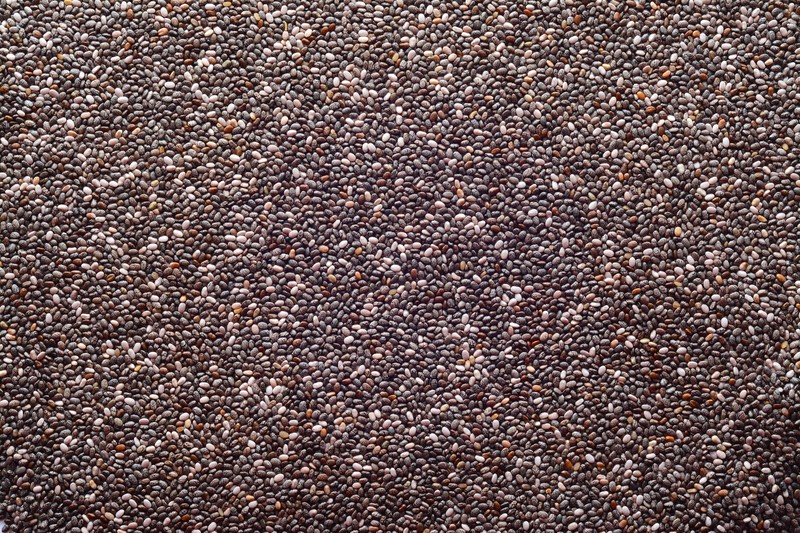
Chia seeds are rich in several nutrients that could help provide energy and fight fatigue. One ounce of chia seeds provides 28% of the recommended daily intake of fiber, which could help promote a healthy gut environment. This is important because poor gut health has been linked to insomnia, sleep disturbances, and chronic fatigue.
Chia seeds are also rich in healthy fats, including omega-3 fatty acids which help combat oxidative stress and could help fight fatigue. An ounce of chia seeds also contains 39% of the daily recommendation for the B vitamin thiamin, 10% for vitamin B6, 38% for copper, and 11% for zinc. Chia seeds are also a good source of calcium, magnesium, phosphorus, folate, niacin, and riboflavin.
Citrus Fruits
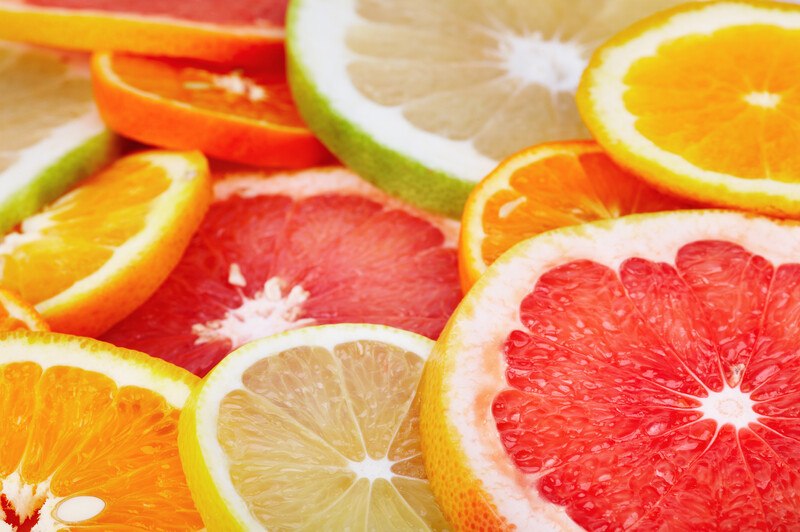
Citrus fruits are important for fighting fatigue because of their high levels of vitamin C. One orange contains 91% of the daily recommendation for vitamin C, along with several other vitamins and minerals.
Vitamin C has been studied as a compound that can help reduce fatigue. It can help in several ways, including reducing inflammation, acting as an antioxidant, helping to burn fat, and helping to manage stress.
Oranges are also a decent source of folate. One orange contains around 12% of the daily recommendation for folate. Since folate deficiency is associated with fatigue, getting enough of it through the diet could be helpful.
Salmon
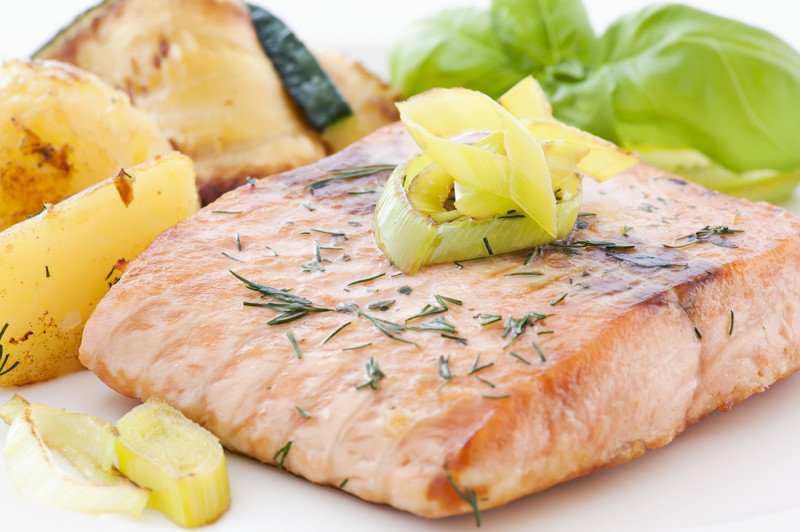
Like eggs, salmon could make up part of a healthy ketogenic diet. Salmon is a fatty fish that is rich in omega-3 fatty acids, which are well known for their ability to promote heart health and alleviate oxidative stress. This could be helpful for fighting fatigue because oxidative stress is linked to chronic fatigue.
Salmon is also relatively rich in vitamin D. One small salmon fillet contains 116% of the daily recommendation for vitamin D, as well as 14% for calcium and 91% for niacin. It’s also a good source for other B vitamins, including riboflavin, thiamin, and folate. This serving size also provides 312% of the daily recommendation for cobalamin.
Kale
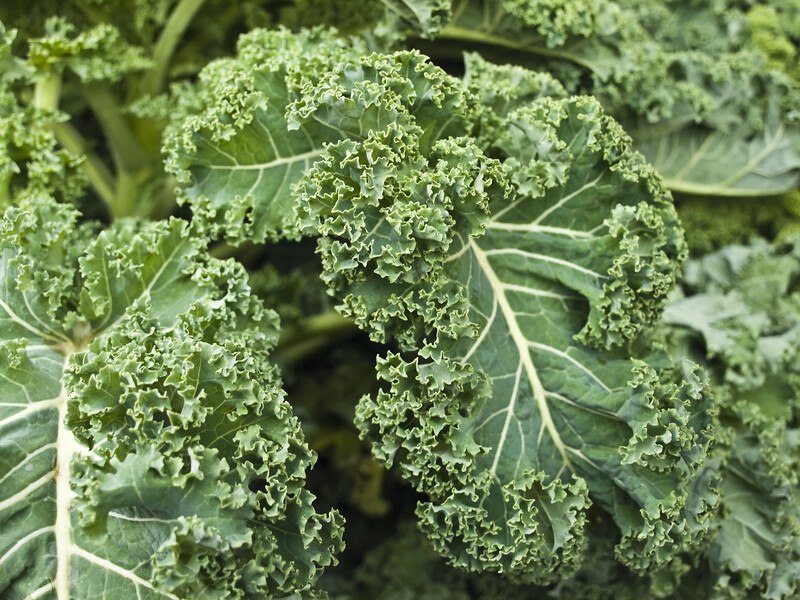
Kale is a superfood for many reasons. Not only is it rich in fiber, but it’s also rich in several vitamins and minerals that help provide energy and support the body in several ways.
Kale is a great source of vitamin C. One cup of raw kale provides 22% of the daily recommendation for vitamin C. Kale is also rich in B vitamins, vitamin K, and several fatigue-fighting minerals such as calcium, potassium, manganese, iron, copper, and zinc.
Kale is also a member of the cabbage family. Like other cruciferous vegetables, kale contains a compound called sulforaphane. Sulforaphane helps to relieve oxidative stress, so it’s helpful for conditions like chronic fatigue syndrome. Sulforaphane also helps mitochondria make more ATP to fuel your body.
Avocados
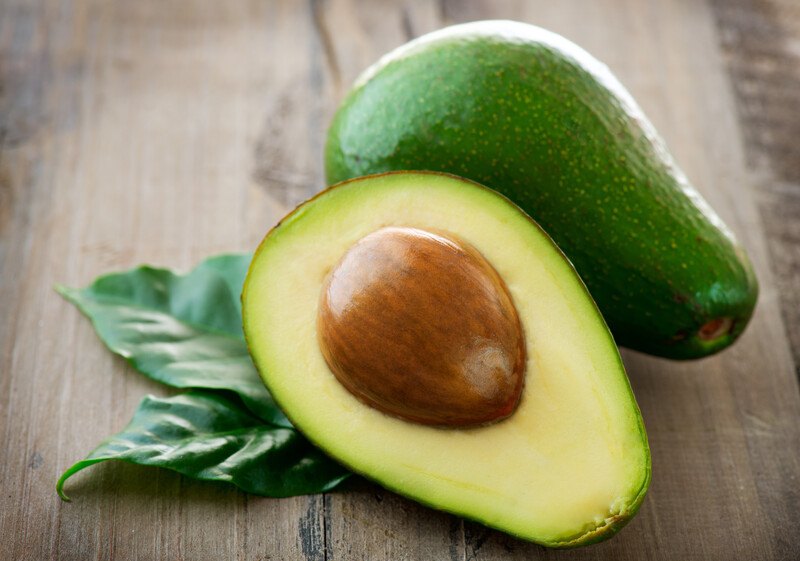
Avocados are another superfood that contains omega-3 fatty acids, fiber to promote a healthy microbiome, and several vitamins and minerals to help create energy and fight fatigue.
One cup of mashed avocado provides 54% of the daily dietary recommendation for fiber, but only 7% for total carbohydrates, making avocado a great choice for people living a ketogenic lifestyle. It’s also got 7% of the daily recommendation for iron, 24% for potassium, 47% for folate, 25% for niacin, 23% for riboflavin, 13% for niacin, 26% for vitamin C, and 45% for vitamin B6.
Avocados are also a great source for essential minerals such as calcium, copper, and zinc.
Spinach
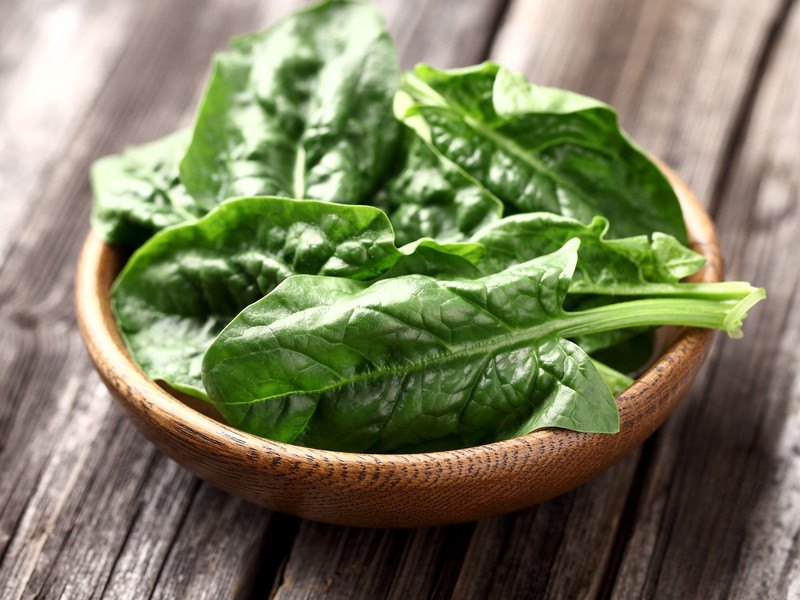
Most leafy green vegetables are packed with vitamins and minerals that promote health. Spinach is no exception. It’s a great source of folate, B vitamins, vitamins E and A, iron, potassium, calcium, copper, manganese, and zinc.
One of the compounds spinach is most rich in is vitamin K. Vitamin K is known to help with blood clotting, but it’s also got the ability to help the body produce more ATP—the body fuel made from glucose in the mitochondria. Besides helping create this form of energy, vitamin K plays a role in fighting adrenal fatigue. One cup of raw spinach contains 121% of the daily recommendation for vitamin K.
Oatmeal
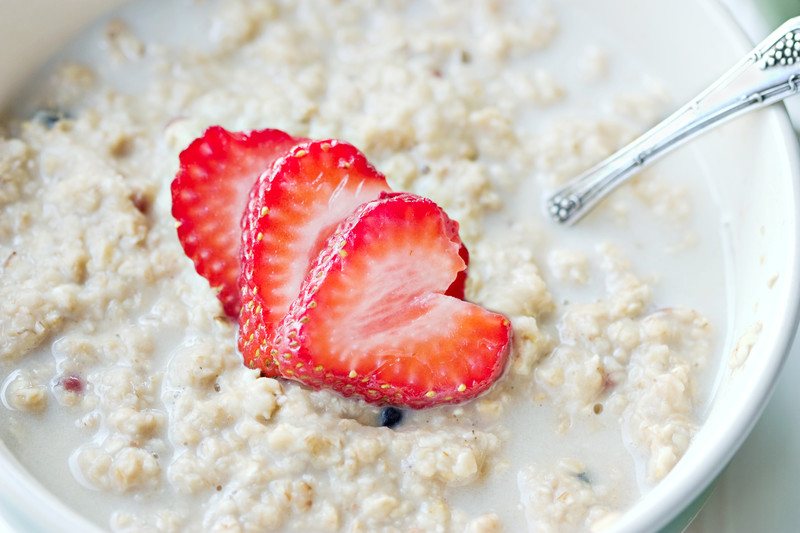
Oatmeal could help combat fatigue in a variety of ways. Although it’s high in carbs, those carbs could provide glucose to help fuel the body. Glucose from oatmeal is released more slowly into the body than it is from many other foods. A lot of the carbohydrate content is soluble fiber, too, which contributes to a healthy gut microbiome that can also help fight fatigue.
Oatmeal is also a decent source of calcium, iron, potassium, copper, zinc, and several B vitamins. One cup of cooked oatmeal provides 13% of the daily recommendation or thiamin, as well as 9% for riboflavin and 4% for vitamin B6.
Three Fatigue-Fighting Food Combinations For Breakfast
Now that you’ve read about the 12 best foods for fatigue, do you know how you’d like to start fighting personal fatigue through proper nutrition? I’ve got a few ideas for you that could help you get your day off to a great, energy-friendly start. Try these breakfast ideas, designed around foods that fight fatigue, and see which one works best for you!
Idea #1: Banana Almond Oatmeal With Milk
This breakfast idea combines the hefty fiber content of both oatmeal and bananas with the B vitamins and other vitamins and minerals found in almonds and milk. This is a delicious breakfast, but it can be heavy on the carbs. If you’re concerned about blood sugar balance, add a quarter-teaspoon of ground cinnamon to the mix to help keep your blood sugar levels steady.
Idea #2: Avocado And Salmon Breakfast
Avocados can be used in a variety of ways. Try serving them alongside a baked salmon fillet with a side of steamed asparagus. You could also try baked eggs with avocado and feta, which combines the ketogenic health benefits of eggs and avocado in a protein-packed, low-carb breakfast.
Idea #3: Citrus Kale Shake
This simple breakfast idea combines fresh kale with ½ grapefruit, a small orange, a banana, Greek yogurt, and chia seeds. You can substitute orange juice with calcium for the small orange if you’d like to. This meal provides a huge amount of vitamin C, fiber, and energy-promoting minerals. For more protein, try serving it alongside a handful of almonds.

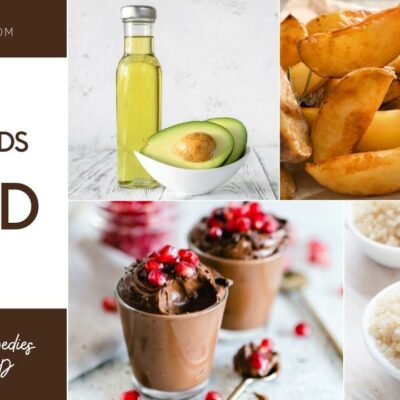
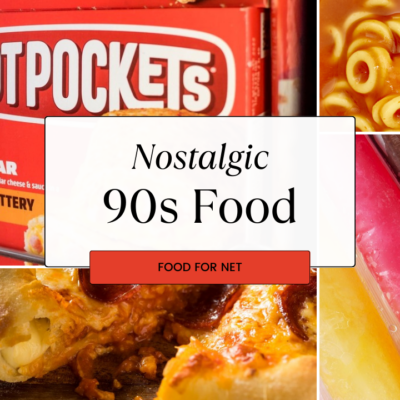



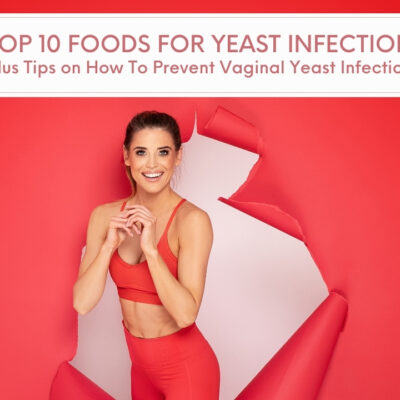


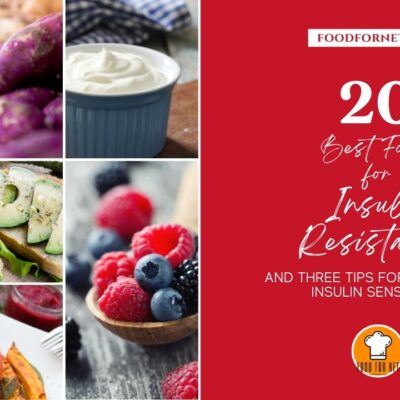
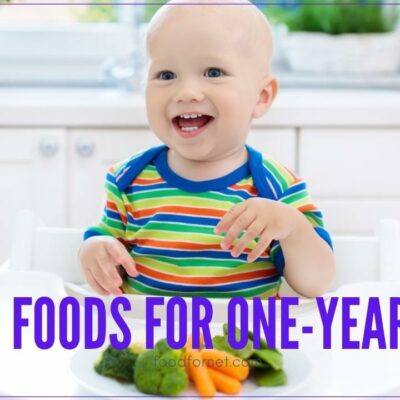
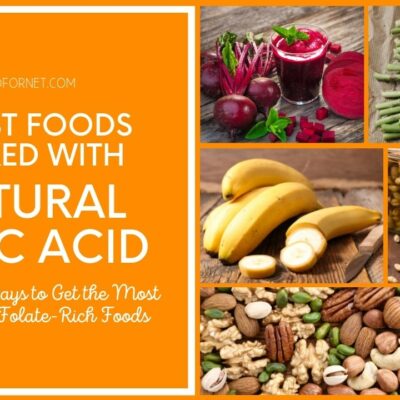

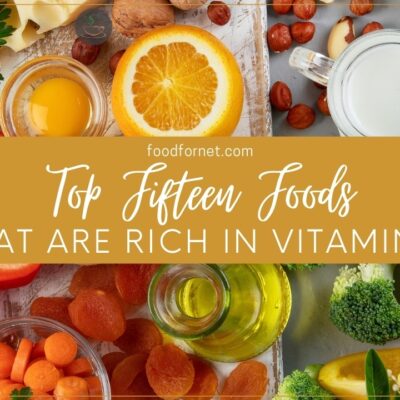
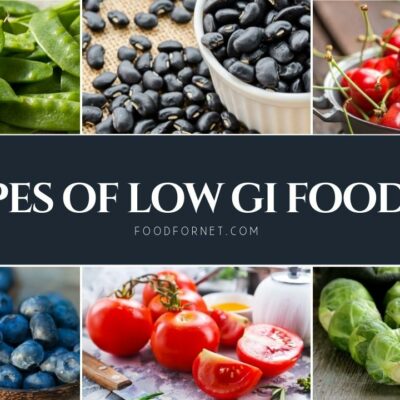
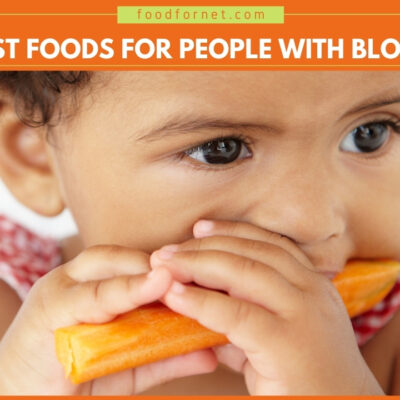

 Food With Zero Carbs That Still Tastes Delicious
Food With Zero Carbs That Still Tastes Delicious
Very good, thank you. Deloris C. DeMolen